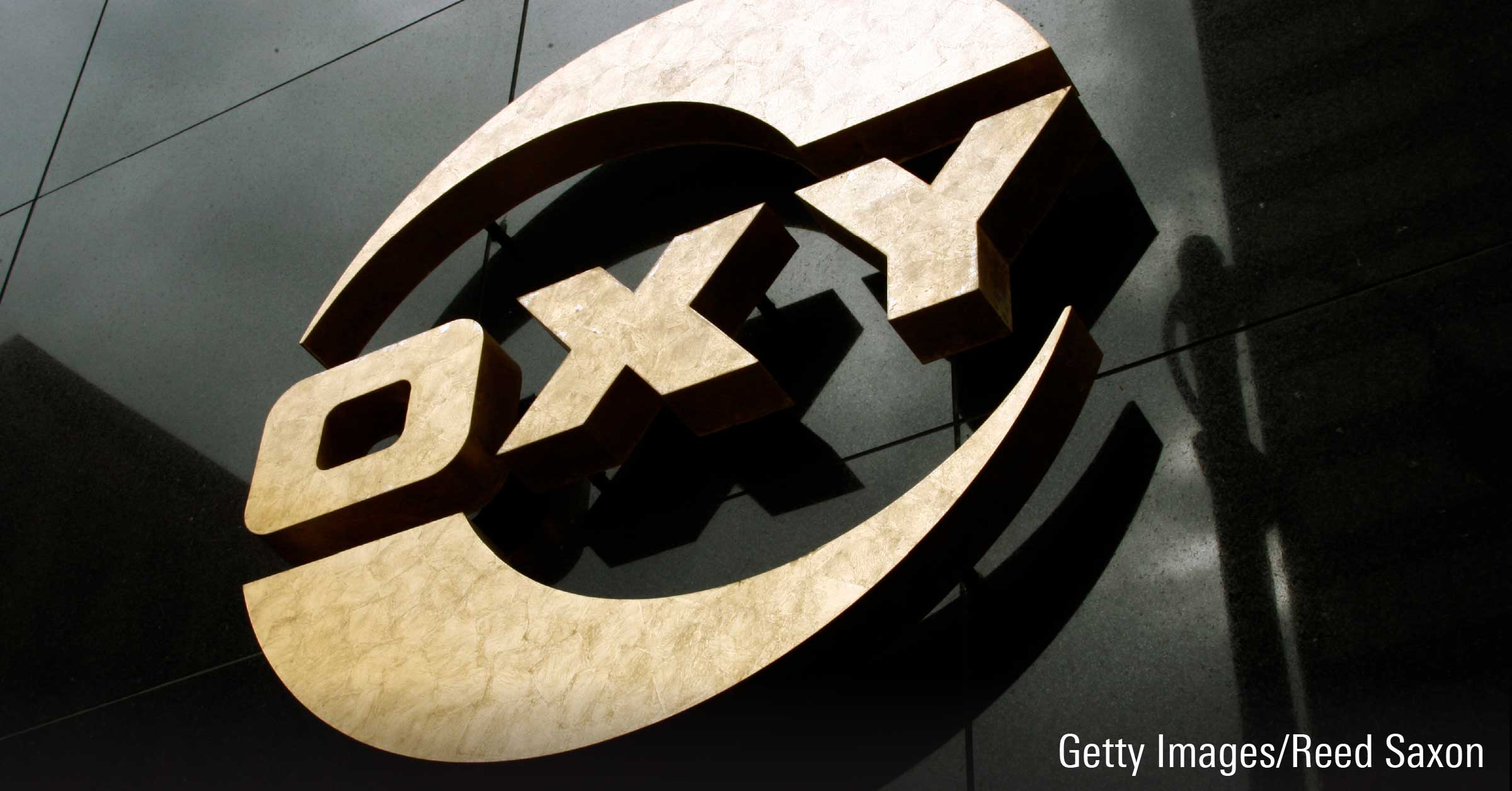Occidental Earnings: Skyrocketing DJ Basin Well Performance Drives Up Volumes
After this first look, our no-moat rating and fair value estimate for Occidental’s stock are unchanged.

Occidental Petroleum Stock at a Glance
- Fair Value Estimate: $56.00
- Morningstar Rating: 3 stars
- Morningstar Uncertainty Rating: Very High
- Morningstar Economic Moat Rating: None
Occidental Petroleum Earnings Update
Occidental Petroleum’s OXY oil and gas business delivered 711 thousand barrels of oil equivalent per day in the second quarter, exceeding the midpoint and top end of guidance by 3.6% and 1.8%, respectively. All domestic assets contributed to the outperformance, but the DJ Basin operations were particularly impressive. There was a nonrecurring royalty payment and an increase in non-operated acreage, where Oxy holds a working interest but does not control activity. On top of that, the 2023 DJ Basin vintage is dramatically outperforming those prior, with cumulative four-month recoveries almost double those of previous years. The 25-well sample is small and the final average could change, but the magnitude of the performance jump strongly suggests Oxy’s methodology (which it refined previously in the Permian) is working well.
In the Permian, the 2023 wells are also tracking ahead of last year’s vintage on cumulative recoveries, although the uptick roughly matches the increase in lateral length (Oxy’s investor deck shows unadjusted volumes). Longer laterals typically show a diminishing return, so it’s still an encouraging result, but for now, the DJ Basin appears to be driving more of the upside.
Gulf of Mexico volumes were slightly better than expected, with more uptime than planned amid maintenance turnarounds. All the positive performance data gave management the confidence to raise full-year oil and gas guidance by 1% to a midpoint of 1,210 mboe/d. There was no corresponding adjustment in capital expenditures, and the budget is unchanged. The outlook was left intact for the chemicals business too, as the softening in the PVC and caustic soda markets was factored into earlier guidance. But midstream margins have deteriorated, with lower fees and higher margins, and the segment is now expected to post a pretax loss of $250 million.
We will incorporate these results shortly, but after this first look, our no-moat rating and $56 fair value estimate are unchanged.
The author or authors do not own shares in any securities mentioned in this article. Find out about Morningstar’s editorial policies.

/s3.amazonaws.com/arc-authors/morningstar/17f48ad3-acb4-4abc-982b-fb3b14ceda2f.jpg)
/cloudfront-us-east-1.images.arcpublishing.com/morningstar/ECVXZPYGAJEWHOXQMUK6RKDJOM.jpg)
/cloudfront-us-east-1.images.arcpublishing.com/morningstar/KOTZFI3SBBGOVJJVPI7NWAPW4E.jpg)
/cloudfront-us-east-1.images.arcpublishing.com/morningstar/V33GR4AWKNF5XACS3HZ356QWCM.jpg)
:quality(80)/s3.amazonaws.com/arc-authors/morningstar/17f48ad3-acb4-4abc-982b-fb3b14ceda2f.jpg)